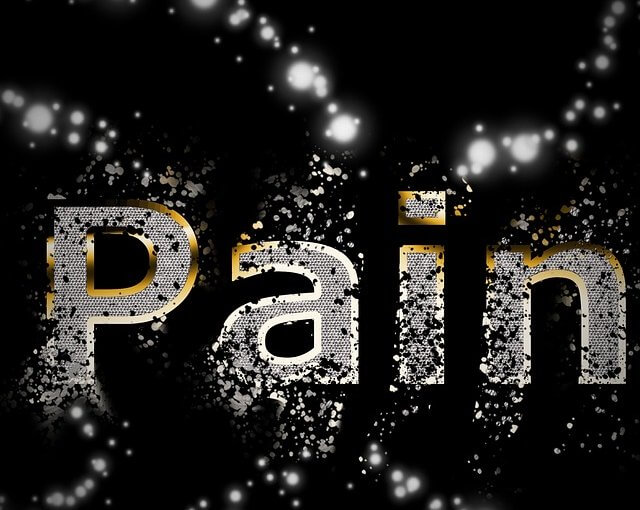At times, Talk Therapy Psychology Center hosts articles and important announcements from our partners and clients. Here is a meaningful post from one of our regular contributors, Joe Cervantes:
“People drink alcohol for many reasons. But as a society, we have been using it as a pain killer for hundreds of years. Alcohol is often a less costly substitute for more expensive pain medications. You don’t need a prescription, and there’s a pharmacy where you can buy it on every corner in every major city.
But despite its numbing effects, there are a few significant reasons why you should never use alcohol as a pain killer or as a way to manage chronic pain.
It Causes More Pain
Alcohol ultimately brings more pain. Daily alcohol use can diminish your overall health and increase your chances of long-term, chronic pain and other diseases, such as heart and liver failure, diabetes, and stroke. Alcohol may take the pain away temporarily but the long-term damage to your body as a result of using alcohol as an analgesic is just not worth it.
It is a Deadly Band-Aid
Alcohol prevents you from addressing the root cause of your pain. When you are numbed out on alcohol, it is much easier to ignore our chronic pain. Pain is a mechanism our bodies use to alert us of imbalances, diseases, and illnesses. Instead of numbing the pain we should instead learn how to manage it or cure it altogether with healthier and more natural solutions. Pain management requires patience, discipline, and an acute level of self-awareness that is simply not possible when we are intoxicated all the time. Pouring alcohol on your pain will ultimately only make matters worse.
It Ain’t All That
Alcohol is really not that great of a pain killer. Many self-medicating drinkers might disagree here. But the amount of alcohol one must drink in order to feel pain relief is significantly more toxic than that of more effective pain remedies. There is a reason why the pharmaceutical companies have flooded the market with more effective pain killers for the past century, and none of these include alcohol as an active ingredient. Today, we have discovered more natural pain relief compounds that are highly effective in helping patients manage pain. Remember this next time you reach for the bottle to kill the pain. Research some of the more natural and safe options that are out there instead.
If you are in a lot of pain and using alcohol to cope, these three reasons might not have much of an impact on your attitude about drinking right now. But just for a moment consider the long-term effects of your regular alcohol use. Is it really worth sacrificing your future health and well-being for temporary pain relief?
Consider instead making some serious lifestyle changes that revolve around actively managing your pain instead of masking it:
Dietary changes alone, such as eliminating simple sugars and processed foods, can dramatically reduce your pain levels. Often, pain is caused by inflammation in the joints. Alcohol and sugar both contribute significantly to inflammation and other joint dysfunctions. Drinking more water and eating vegetable and lean protein, for example, can help reduce pain and inflammation.
Take the time that you usually spend drinking to research the natural supplements for pain management that are available. Spend the money you’re spending on alcohol on some healthier pain management alternatives. And remember, pain is a natural part of being human. It is our body’s way of alerting us of imbalances and trauma. It is up to us to listen to our body and supply it with the nourishment it needs to naturally combat pain. At the end of the day nature is ultimately the best pain killer.”
About the Author:
Joseph Cervantes is an advocate for the de-stigmatizing of addiction and for the development of progressive treatment approaches. As a writer in the addiction treatment space and former community organizer he has had the opportunity to work with hundreds of individuals struggling with various addictions and mental health issues. Having completed several IOP and inpatient programs himself over the past 20 years, he offers a unique perspective into the treatment and recovery experience through both a “patient” and “practitioner” lens.
At the Talk Therapy Psychology Center, we strive to give you the right tools to cope, the skills to deal with setbacks, and the ability to believe in, and rely on your own strengths.
(858) 205-2490
www.talktherapycenter.com


